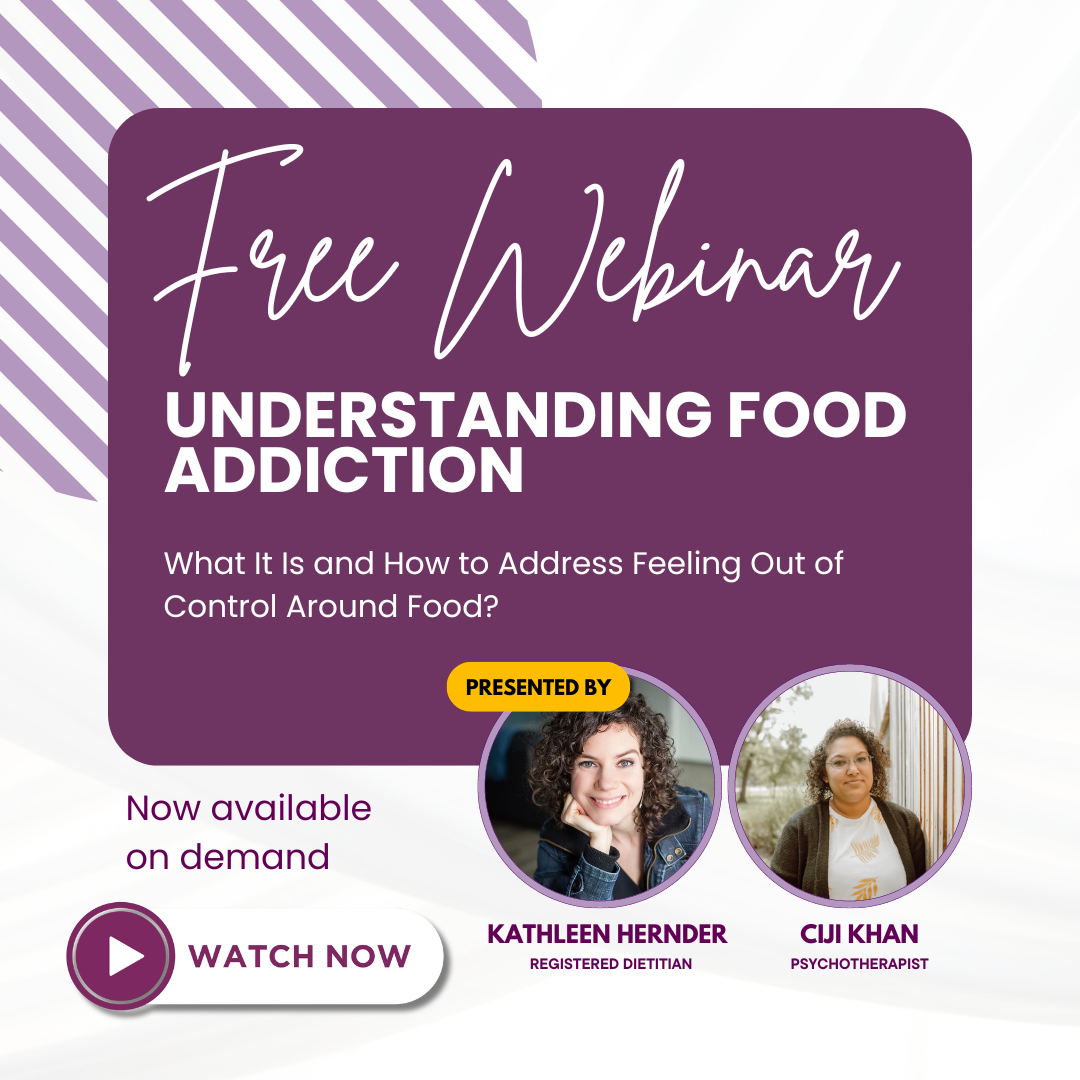Do you constantly feel out of control around food? You’re not alone. Many people struggle with what they describe as food addiction. But what is a food addiction, and how can you address it effectively? In this blog post, we’ll explore the ins and outs of food addiction, why you might feel addicted, and practical steps you can take to regain control. Let’s dive in!
What is Food Addiction?
Food addiction is a concept rooted in the idea that certain foods, particularly those high in fat, sugar, and salt, are “hyperpalatable.” These foods create such a strong reward response in your brain that you might become addicted to the sensation, much like people can become addicted to drugs or alcohol. This theory suggests that food addiction happens when you repeatedly use food to stimulate the release of pleasure-inducing chemicals like dopamine in your brain. Over time, you may need to eat more and more of these foods to get the same pleasurable effect.
Brain Response to a Food Addiction
When you eat hyperpalatable foods, your brain releases dopamine, a chemical that makes you feel good. This dopamine release can lead to a cycle where you eat more to achieve that same feeling, even if you’re not hungry. This behavior includes eating in the absence of hunger and experiencing withdrawal symptoms when you try to cut back, driving a cycle of increased food consumption.
Food Addiction Controversy
It’s important to note that food addiction is a highly debated diagnosis within medical and psychological circles. While some experts support the idea, others argue that the term “addiction” might be too strong. Despite the controversy, we at A Little Nutrition understand and validate the experiences of our clients who feel addicted to food. Your feelings are real, and they matter.
Discovering Why You Feel Addicted to Food
Under-eating
Often, what feels like food addiction is actually a response to not eating enough throughout the day. When your body is undernourished, it sends powerful signals to eat, manifesting as intense cravings or a compulsion to consume large amounts of food, often referred to as “food noise.” Ensuring you’re eating enough at regular intervals can sometimes alleviate these feelings.
Good or Bad Thinking About Food
Many people struggle with categorizing food as either “good” or “bad.” This all-or-nothing mindset can make you feel guilty or ashamed about eating certain foods, leading to a cycle of restricting and then overeating past comfort, often called “binging.” Shifting toward a more balanced perspective, where all foods can fit, is critical to breaking this cycle.
Cutting Out Food Groups
Eliminating entire food groups from your diet, whether for weight concerns or other reasons, can set up a deprivation mentality that increases cravings and feelings of addiction. Your body and mind may rebel against strict rules, leading to a heightened desire for the very foods you’ve restricted.
Could It Be Something Else?
Binge Eating Disorder (BED)
One condition that often presents with similar signs and symptoms is Binge Eating Disorder (BED). The feelings of being out of control around food, eating large amounts quickly, and experiencing guilt or shame afterward are characteristic of both food addiction and BED.
Symptom Overlap
Because the symptoms of these two conditions overlap significantly, it’s crucial to ask to be screened for BED when these feelings are present. BED is a recognized eating disorder that affects many people and can have significant emotional and physical consequences if left untreated.
Importance of BED Diagnosis
At A Little Nutrition, we take a comprehensive approach to treating BED, understanding that it requires more than just dietary changes. Our multidisciplinary team of dietitians and therapists work together to provide holistic support, addressing both the behavioral and emotional aspects of eating. We believe that by treating the whole person—mind and body—we can help our clients develop a healthier relationship with food and themselves, moving beyond the cycle of binge eating and toward a more balanced, fulfilling life.
Enlisting Help when feeling addicted to food
Build a Support System
Having a strong support system can make a world of difference when you’re trying to break free from food addiction. Share your struggles with trusted friends or family members, or join support groups where you can connect with others who understand what you’re going through.
Mindful Eating
Practicing mindful eating can help you become more aware of your hunger and fullness cues. Slow down, savor each bite, and pay attention to how your body feels. This can help you develop a healthier relationship with food and reduce the compulsion to overeat.
Seek Professional Help for a Food Addiction
If you’re struggling with feelings of food addiction, consider seeking help from professionals who specialize in eating behaviors. Dietitians, therapists, and counselors can provide personalized strategies and support to help you regain control.
Understanding food addiction and addressing the feelings of being out of control around food can be challenging, but it’s entirely possible with the right approach. By exploring the underlying reasons for these feelings and taking practical steps to manage them, you can develop a healthier relationship with food and yourself.
Remember, you’re not alone in this journey. At A Little Nutrition, we’re here to support you every step of the way. If you think you might be struggling with food addiction or Binge Eating Disorder, reach out to our team for compassionate, evidence-based strategies that promote well-being without deprivation.
Take the first step towards regaining control today. Contact us to learn more about how we can help you on your path to a balanced and fulfilling life.
Book a 15-minute consult with one of our dietitians or therapists here:

Free Webinar
Understanding Food Addiction
In this webinar, we’ll dive deep into the complex relationship between food and the feeling of being out of control. You’ll gain insights into:
- Why Food Can Feel Addictive: Exploring the reasons behind intense food cravings and the sensation of being “addicted” to food.
- Food Addiction or Something Else?
- Understanding the difference between food addiction and other underlying issues that may contribute to feeling out of control.
- Our Approach to Support
- Discovering our philosophy on food cravings and “food noise.” Learn how our methods can help you regain control without dieting or restrictive practices.


